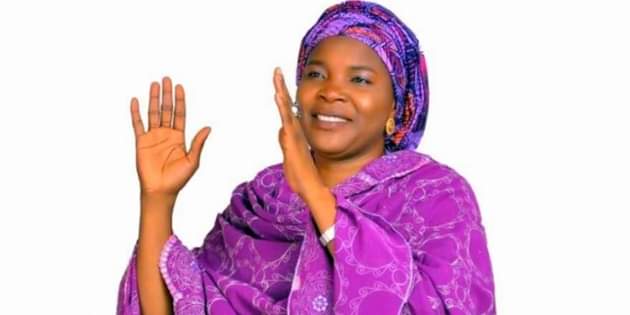
The African Regional Chairperson of the Commonwealth Women Parliamentarians, Dr. Zainab Gimba has said that Nigeria still lag behind in women representations in parliament with only 3.4 percent of women in parliament in the country.
Gimba who spoke in Abuja on Tuesday said other African countries that are still below the 30 percent recommendation of the Beijing declaration include Botswana with 10.77 percent, Estwanti (9.59%) Ghana (13.09%), Selierra Leone (12.33%), and Zambia (16.77&).
She however said that inspite of this development, the number of women parliamentarians in Africa has increased from 25.75% in 2015 to 27.5% in 2020, adding that this is slightly above the global percentage of 24.5 percent.
She said countries like Rwanda (61.2&), South Africa (46.2%), Namibia (42.7%), Mozambique (41.2%), Tanzania (36.9%) and Uganda (34.8%) have risen above the 30 percent recommendations.
She however said that the Commonwealth group will ensure that various countries in the Commonwealth maintains their commitment to gender equality and obligations under the Convention on the Elimination of All forms of Discrimination Against Women ( CEDAW).
Gimba said though several milestones have been achieved on women equality and empowerment, since the Beijing Declaration 25 years ago, there was the need for more transformative policies that improve the lots of women globally.
She said “While we acknowledge the importance of of the increase of women in decision making bodies, through affirmative actions, we should also look beyond descriptive representation, where progress should be made on substantive representation, so as to be able to translate the gains of the increase into changing status and lives of women at large.
“As we celebrate this year’s International Women Day, I urge all CWP branches in Africa to continue striving for girls and women rights by pushing for their social, economic, cultural and political achievements.
“Moreover, as we mark the 25th anniversary of the Beijing Declaration and Platform for Action, we must realise that gender equality is achieved when women and men enjoy the same rights and opportunities across all sectors of society, including economic participation and decision making.
“So, on this this day lets celebrate what has been achieved so far, while continuing to encourage more efforts towards transformative policies leading to gender equality on a broad scale.”
By Tony Akowe












